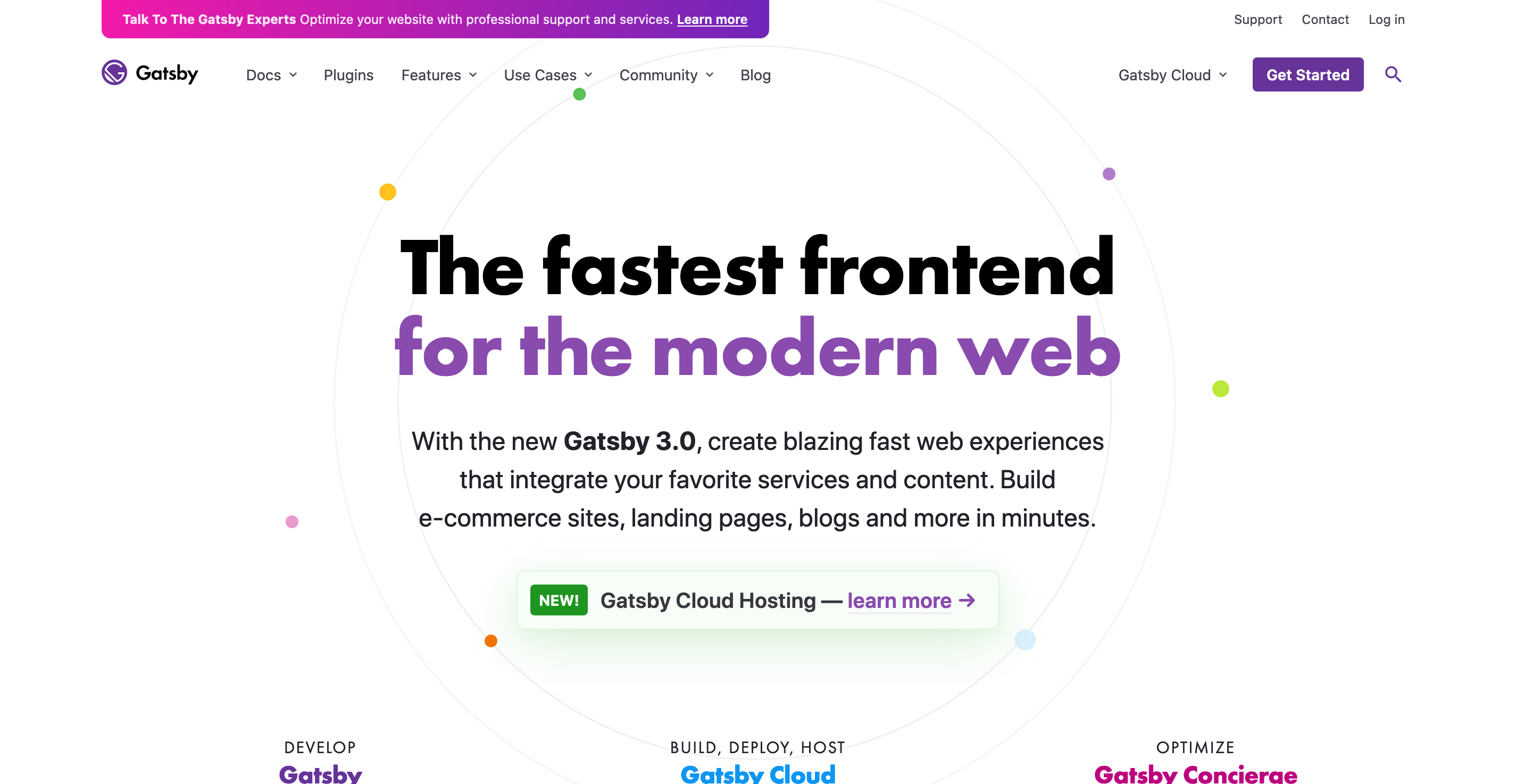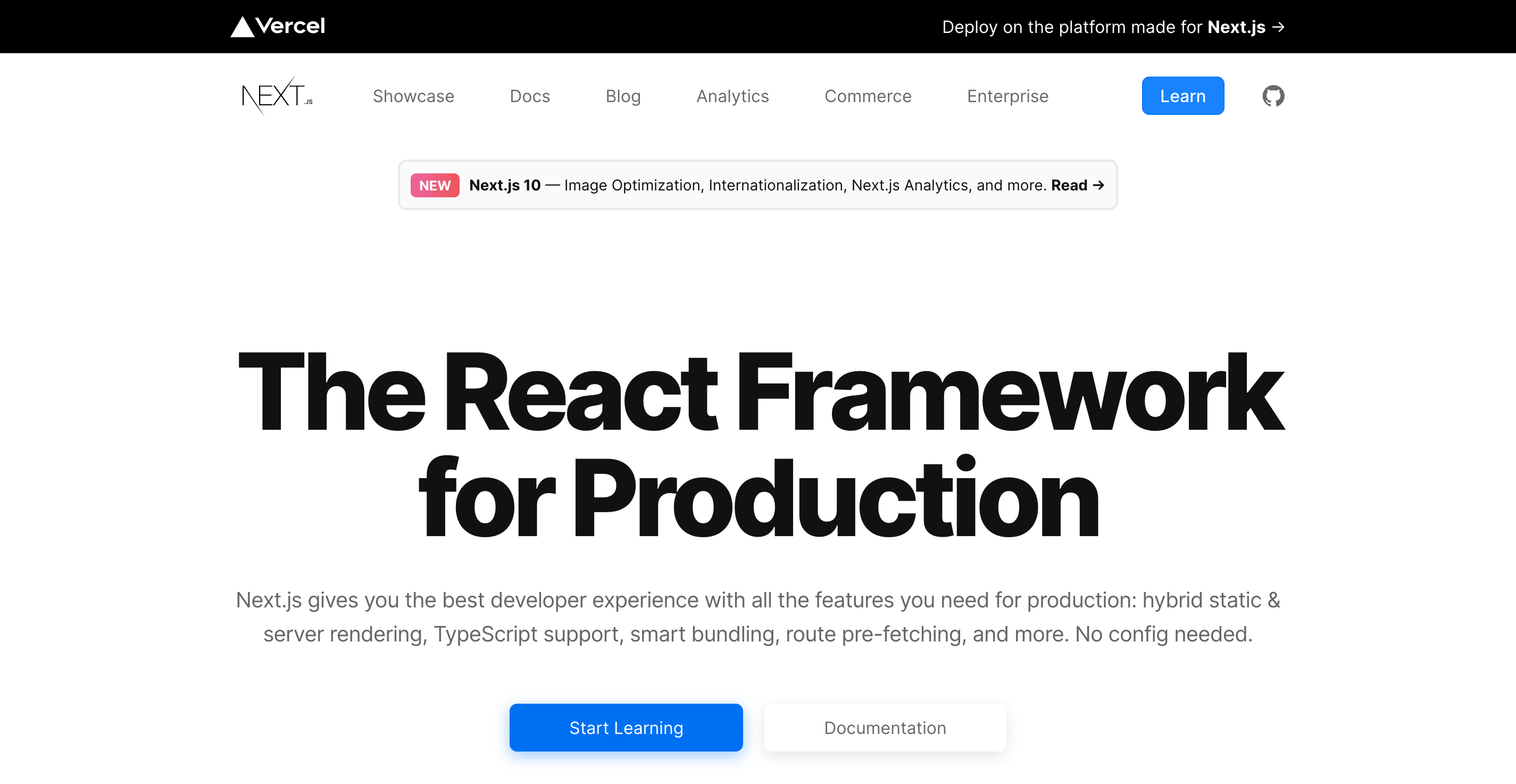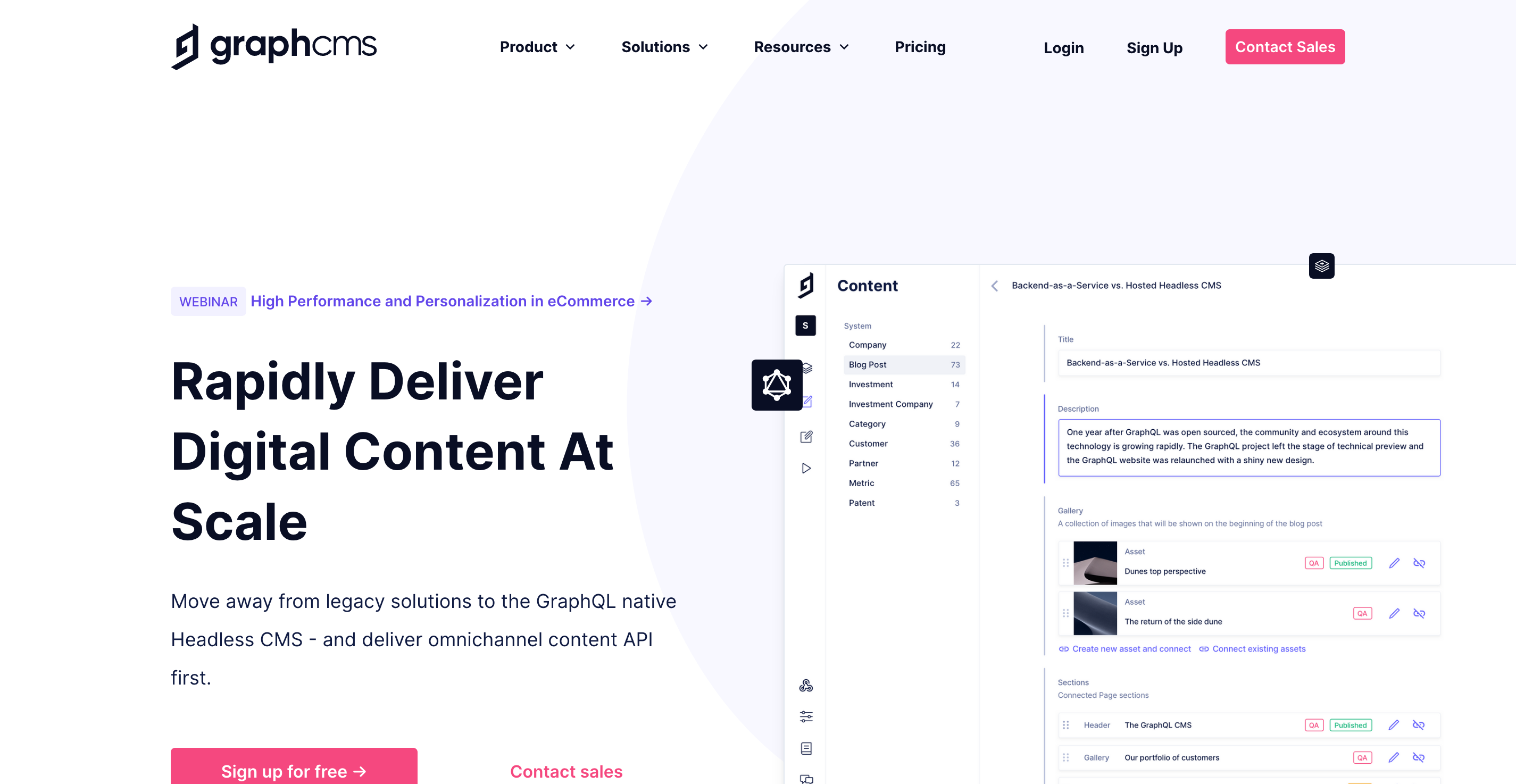Is WordPress Dead?
Table of Contents
I’m sure that there are a lot of developers that would say WordPress is already dead or they have asked this question many times before.

WordPress
WordPress is still very popular among people with and without technical knowledge that want to create a website and need the extra features that WordPress offers such as optimization, SEO, etc.
And the irony of me posting this is that my website uses WordPress as well.
However, with everything that I have been learning and using over the last few years, I am wondering more and more whether WordPress will still be the go-to option for creating an online presence.
For me, it is more about the time it will take for me to move away from WordPress, I’m sure that there are tools available that can automate this process to a degree but if past experience has taught me anything there are usually issues that require manual intervention.
I do believe that WordPress took too long to catch with the better and updated technology we now have available to use.
Even though they took this step, they are still behind and it seems that because WordPress is now a blend of technologies (PHP, SQL, React) which results in changes and updates taking longer to ensure that everything plays well with each other.
Why did WordPress take so long to use better technology?
Even though the Gutenberg Editor is nice, it doesn’t feel as though it belongs with WordPress, like the black sheep of the family. The process of creating content doesn’t feel streamlined, it feels disjointed.
This is sad in part because I believe one of the reasons WordPress became so popular, was its quick and easy process for creating content without the user needing any technical knowledge.
The future of development seems to be headless, from e-commerce to content management systems.
Headless does offer developers more options and flexibility when creating a website or something more complex such as an online store.
Most of the time, the costs of using headless are also a lot less than the more traditional approaches are you don’t need traditional hosting or a database such as SQL.
This is great for developers but what about someone without technical knowledge? Their only option is still WordPress, at least for now.
Over the last few years, there are companies that are adopting the headless approach in order to offer solutions to people that don’t have the technical knowledge.
So is WordPress dead?
I don’t think WordPress is dead yet but I do believe it could be dying as there are a lot better options available and it is only a matter of time until someone takes a headless approach mainstream.
As I mentioned earlier, I am still using WordPress for my website but I have used alternate options that I am considering changing to in the near future.
Some of these alternatives are:
Gatsby
In the developer community, I think this is one of the most well-known options for creating a static website.

It has been around for a while already and it has an established community with growing support.
Gatsby is simple enough to use and get started with, I used it to create the static website for one of my projects, ActionBuddy for Writers. [link]
In my experience, it provides you with everything you would need to create a WordPress website with the exception of a CMS.
When using Gatsby you will need to set up and choose your own CMS for data.
So far I only tried the Netlify CMS with Gatsby and the integration was not the smoothest but the Netlify CMS was still in development and it could be a lot better now.
Gatsby also offers SEO optimizations which means that you don’t need to sacrifice your organic Google traffic if you decide to move away from WordPress.
For me, one of the best features of Gatsby is that it uses GraphQL for data fetching.
I try to use GraphQL anywhere I can instead of the traditional REST API as it is a dying approach.
Next.js & graphCMS
For another project, I was involved with I had to learn and use Next.js.

After doing a beginner and advanced course in Next.js I was excited to use it.
From a developer’s perspective, Next.js makes trivial things a lot easier than if you would have to do the same using React.
Next.js also offers features for SEO, SSR, and even AMP.
But if you have dynamic data you need a CMS along with Next.js.
For the same project I had to learn Next.js for, the decision was to use something called graphcms for the data.

I was immediately excited because once again GraphQL was going to be used.
I have set up and created a GraphQL server before and even though it is not complicated, it can be boring and time-intensive.
When using graphcms all you need to do is make your API public, define your data models and query the data. Done.
It is by far the easiest GraphQL solution I have used.
In conclusion, WordPress isn’t dead yet but I think it is on its way out unless it starts making dramatic changes.
If you are a developer there are already great WordPress alternatives out there if you don’t mind spending some extra time migrating to them.
As someone who just wants to create a website, WordPress is still one of the better options available but in the next few years, there will be better and more cost-effective options available.
I hope you have enjoyed this post and found it useful. If you have any comments or suggestions please let me know below.